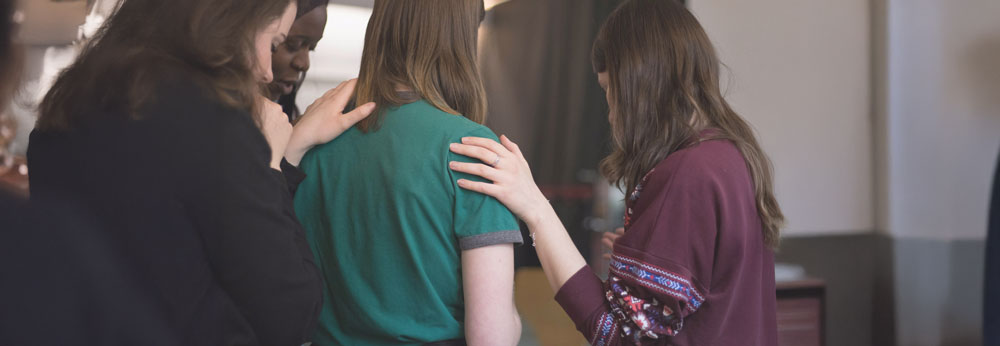Positive Behaviour Support at Zeno
At Zeno, Positive Behaviour Support (PBS) is at the heart of how we care. Our approach is rooted in understanding each individual—why behaviours happen, and what those behaviours are communicating. We take into account a person’s full story: their life experiences, health, environment, and emotional wellbeing. This helps us shape meaningful support strategies that reduce distress, build trust, and enhance quality of life.
PBS at Zeno is not a standalone intervention—it’s fully embedded in our culture. Our dedicated PBS team works across all our services, providing expert guidance that’s responsive, practical, and tailored to each person. By collaborating closely with support teams, we ensure early identification of behavioural, emotional, or psychological needs and deliver proactive, person-specific plans that empower both individuals and staff.
Supporting Complex Needs
Many of the people we support have complex needs and may have experienced difficulties in previous care settings. At Zeno, we respond with compassion and curiosity—not control. Our PBS team works flexibly and creatively to reduce behaviours that challenge, including self-injury, by understanding their root causes, adjusting environments, and supporting individuals to develop alternative ways to communicate and express themselves.
Training, Collaboration & Prevention
Our frontline teams play a key role in maintaining positive daily interactions and responding to behavioural challenges calmly and respectfully. The PBS team provides targeted training to equip staff with the confidence and skills they need to respond effectively—and in ways that always protect dignity and promote wellbeing.
Importantly, our PBS approach is also preventative. We run individual and group sessions focused on emotional awareness, coping strategies, and psychological wellbeing, helping individuals to build resilience and lead fuller, more independent lives.







